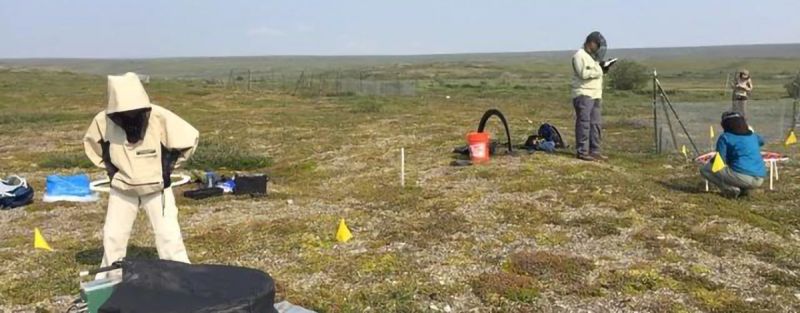
Everybody loves a good mystery, and some internet users have taken that to the next level. Sleuthing forums and online crime-solving groups have emerged across the web, letting ordinary people help solve high-profile cases.
Where can you find online crime-solving groups?
You don’t have to be a professional detective to help solve mysteries and bring criminals to justice. Even Attorney General Merrick Garland has said that the U.S. Department of Justice’s efforts are “not possible without the continued assistance of the American public.” If you want to learn about investigation or put your detective skills to use, online crime-solving groups are an excellent place to start. Here’s where you can find and join them.
Crime-sleuthing forums
Crime-sleuthing forums are one of the most abundant and easily accessible places to get started. Subreddits like Unsolved Mysteries and Reddit Bureau of Investigation (RBI) discuss new or unsolved cases and let users pool their resources to investigate.
RBI has helped solve many cases, including identifying a counterfeiting culprit and reuniting letters from the ‘40s with the family’s living relatives. Other forums include Sleuth Syndicate and Websleuths, which have helped solve multiple murder cases.
These crime-sleuthing forums may be informal, but their records speak for themselves. Whether you want to learn more about ongoing cases for fun or build investigative skills for a formal career, these sites are an easy way to get involved.
Detective groups’ websites
Some online crime-solving groups are larger and more organized. Detective groups with dedicated websites are often a more formal but still accessible way to get into amateur detective work.
Many of these groups take a more specific focus than sleuthing forums like RBI. Sedition Hunters helps track down people involved in the Jan. 6 Capitol insurrection, and DoeNetwork focuses on cold cases involving unidentified persons. While these groups may not host discussion threads, they still let users help.
You can upload potential evidence, offer tips, and talk with other amateur investigators on these sites, even if you don’t join. Members can work with others to help law enforcement agencies solve open or cold cases.
Start your own group
If none of these forums of crime-solving groups offer what you’re after, you could start your own. Maybe you’ve realized insider threats are more prominent than ever and want to investigate them or have another special interest. Creating your own group can help you attract others to assist you in these more specific endeavors.
You can start a subreddit or set up a website in mere minutes for free. From there, you can use social media to attract other users and start working.
You may need some investigative training if you’ve never done anything like this before. The FBI’s Community Outreach programs and similar law enforcement resources can help give you the experience you need.
How can you join them?
Once you’ve found the ideal online crime-solving group for you, joining them is often easy. Many of these sites are informal groups and forums, so all you have to do is subscribe and comment on threads.
Be sure to read these forums’ rules carefully before engaging with their posts. Given the sensitive nature of their topics, they may have strict behavior policies, and violating these could result in a ban.
More formal, organized groups like DoeNetwork often have a more involved process. You’ll have to go through an application process, which may include submitting notarized identification documents. These groups won’t accept every applicant, often preferring people with some investigative background or experience.
Even if you’re not a member, you can often submit evidence and tips to these groups. Building up a history of these comments could help your application, as you can point toward how you’ve helped them in the past.
Things to keep in mind while sleuthing
As you look into online crime-solving groups, remember that these are real, sensitive cases. Consequently, legal boundaries surround them, so be careful not to overstep the law or behave inappropriately. Avoid contacting the victims, as you’re likely dealing with sensitive issues.
You should also avoid taking justice into your own hands if you think you’ve found a suspect. Sure, as American University law professor Ira Robbins says, “we are in a period of vigilante justice.” However, your legal ground in these circumstances can be questionable, and it’s best to leave things to the justice system.
Note: This article have been indexed to our site. We do not claim legitimacy, ownership or copyright of any of the content above. To see the article at original source Click Here













